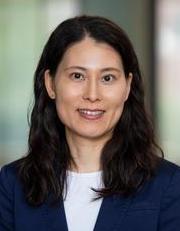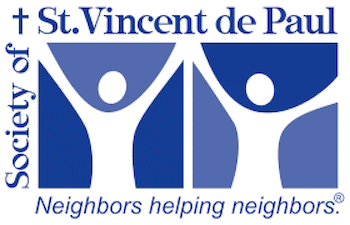Story-Based Self-Empowering Program
Improve Food Literacy in Breast Cancer SurvivorsStory-Based Self-Empowering Program to Improve Food Literacy in Breast Cancer Survivors
In the United States, breast cancer is the second most common cancer in women and second leading cause of cancer death. Mortality rates for breast cancer are significantly higher in Black/African American women, with disparities noted when compared with Caucasian/White women and those from other ethnic groups. Nutrition is critical following breast cancer treatment in order to rebuild tissue, manage body weight and maintain overall health. Further, as obesity is a recognized risk factor for both the development of breast cancer as well as its recurrence and mortality, it is important to support women in managing their weight post-diagnosis. To this end, both nutrition and food literacies are needed. Nutrition literacy ensures people can find, make use of, and apply nutrition information while food literacy ensures they have the knowledge and skills to plan, manage, select, prepare, and eat well. Our ongoing health promotion programming uses the power of stories to engage and make complex information more relatable, easy to understand and memorable. Therefore, the objective of this proposed two-phase project is to codesign an online, story-based nutrition and food literacy education program with and for minority breast cancer survivors and examine its effectiveness and feasibility through pilot testing.

Seung-Yeon Lee
Faculty Partner
Associate Professor
College of Allied Health Sciences
Community Partner
